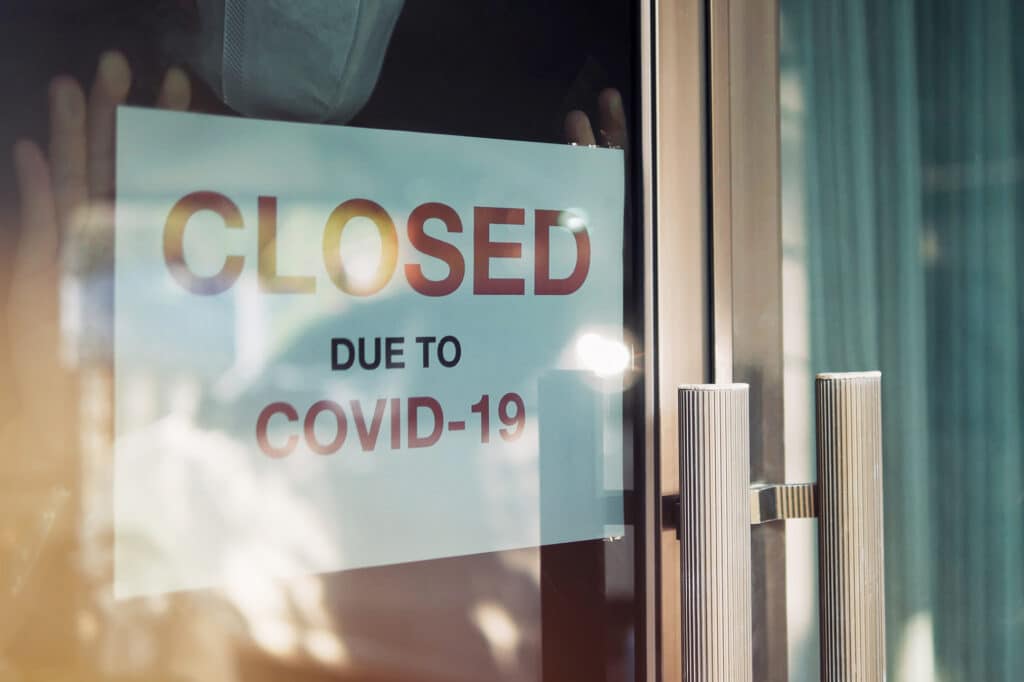After getting hung up for several weeks in the Senate, on April 24, 2020, President Trump signed the Paycheck Protection Program and Health Care Enhancement Act (the Enhancement Act) into law. This is the fourth piece of legislation providing COVID-19 relief. The new $484 Billion package includes $310 to replenish funding for the Paycheck Protection Program (PPP), after the initial $349 Billion in funding provided through the CARES Act was depleted in less than two weeks.The Small Business Administration (SBA) released statistics on loans granted through April 16, 2020, just before the designated funds were fully exhausted.
The new legislation also includes an additional $50 Billion for the SBA’s Economic Injury Disaster Loan (EIDL) program, and $10 for the EIDL emergency grants, which ran out of money shortly after the PPP. EIDL eligibility was also expanded to include agricultural enterprises.
The Enhancement Act specifically designates $60 of the additional PPP funds to be used by smaller lenders, such as community financial institutions, FDIC-insured banks and credit unions. This allocation is an effort to reach previously underserved communities and expand the number of very small businesses receiving the loans after many larger and public companies were criticized for applying for and accepting funding during the first round of PPP loans. The SBA will begin accepting PPP loan applications at 10:30 a.m. Monday, April 27, 2020.
In conjunction with the replenishment of PPP funds, the Treasury Department updated its PPP FAQs, to make it clear that companies applying for PPP loans must certify “in good faith” that the funding is necessary to continue operations during the crisis. (FAQ #31) Those companies that cannot make that certification are directed to return the money by May 7, 2020 to avoid penalties. A number of big businesses and universities with substantial endowments have already begun returning their relief funding ‒ some voluntarily, and others under public pressure to do so.
Read this CNBC story, “Small business loans above $2 million will get full audit to make sure they’re valid,” for comments from Treasury Secretary Steven Mnuchin regarding government scrutiny of loan recipients.
The new legislation also includes $75 Billion in funding for hospitals to cover coronavirus treatment and lost revenue due to stay-at-home restrictions canceling elective procedures. An additional $25 Billion was allocated to expand COVID-19 testing and research in an effort to help ease the current quarantine rules and assist states in making plans to begin reopening their economies.
As noted above, there was some delay in the bill’s passage through the Senate due to partisan disagreement about whether to include funding to aid states and local governments. Democrats are in favor of providing assistance, while Republicans oppose a “bailout” and want to begin to reign in government spending and control the growing deficit.
The difficulties associated with small businesses being forcefully closed by state governments have taken a huge toll on those companies’ abilities to remain in business. The PPP loans, as well as the EIDL loan program, have been successful in staving off bankruptcies and business closures, all the while protecting employment for millions of American workers. This legislative package will ensure that necessary funding is made available for even more businesses.
If you have questions or comments, please contact Bob Grossman or Don Johnston or your GYF Tax Executive at 412-338-9300.
Related posts:
FAQs Issued to Further Clarify Guidance on PPP Loans
Comparing Small Business Relief Packages
Economic Injury Disaster Loans (EIDL) Under the CARES Act
Paycheck Protection Program Loans (PPP) Available Under the CARES Act








